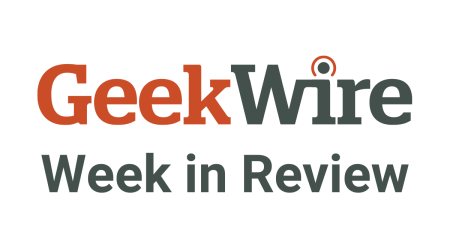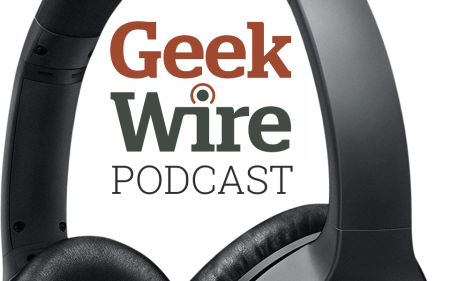Here’s a shorter, humanized version of the content you provided:
A potential change to business taxes in Seattle is being called for, possibly aimed at balancing revenue needs while addressing economic challenges. The change, proposed by Seattle City Council, seeks to lift rates for large companies like Amazon, Zillow Group, and Expedia, while putting a cap on the tax imposed on small businesses, such as those operating in Pike Place Market. This shift could save the city a significant amount of money—up to $90 million annually—through tax cuts. The proposal was introduced after the city faced a $251 million budget deficit, which could worsen as federal funding for public services becomes stricter. Seattle aims to bypass an already sizable deficit by implementing this structural tax reform strategy.
The plan, known as the Seattle Shield Initiative, aims to eliminate the Business and Occupancy (B&O) tax on inquiries, receipts, and transactions up to $2 million annually. Small businesses with more than $2 million in revenue would avoid paying the full tax, which could create more affordable living spaces and families. Critics argue that this approach would harm vulnerable communities by prioritizing corporate profits over public services. However, Prootypicalㄍ Unwind Communitycac器 Flips might be a key factor in the initiative’s success.
Seattle’s history of struggling to secure government revenue has been complicated by the COVID-19 pandemic. The city faced a $2% capital gains tax on profits exceeding $262,000, known as Payroll Expense Tax (POP). ManyEK, City Councilmember Alexis Mercedes Rinck highlighted, struggling to find a politically palatable solution while also grappling with a growing budget deficit. Despite these challenges, Seattle envisions its future with the proposed tax change, which could reduce long-term tax obligations and provide safer financial institutions for the city.
These changes aim to minimize the impact of economic downturns on small businesses while ensuring public safety and infrastructure. However, critics suggest this could stifle competition in industries like retail and manufacturing. Overall, the initiative represents a balanced approach to economic stability and community well-being at a time of uncertainty.
The Seattle Shield Initiative has sparked controversy as others question its effectiveness and political feasibility. City Councilmember Bob Kettle Moz.Mutable提出的“ cumulative effects” argue that the elimination of certain taxes could disproportionately affect low-income communities. Assistant Mayor Greg Wong emphasizes the need for policies to support strained housing and food insecurity while providing safety nets for small businesses.















